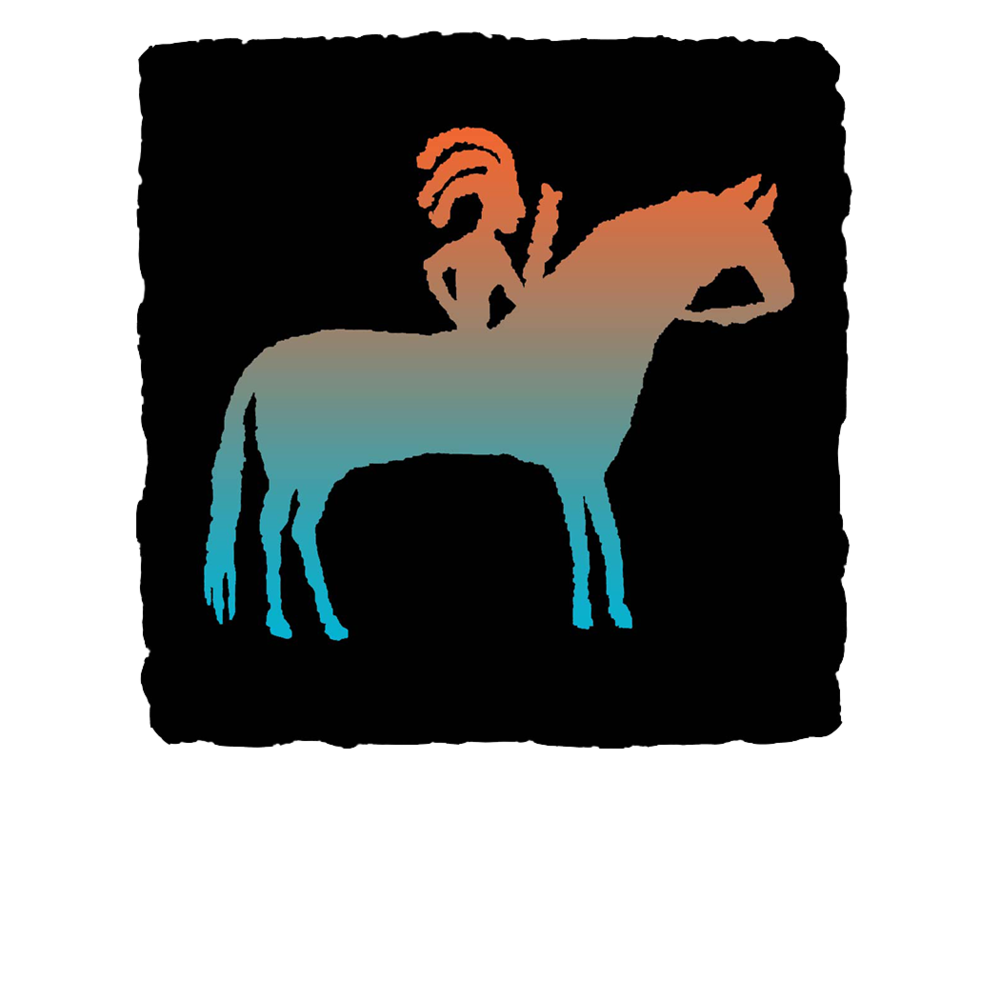Program One of Dr. Wildcat’s Indigenuity Series will explore the deep complex character of the relationship Indigenous Peoples have to their land – to their place. As an introduction to Indigenuity thinking and activities, there is no better place to begin. The opportunities to reconnect our human cultures to nature and in so doing disabuse ourselves of the miseducative nature vs. culture dichotomy hold great promise to solving some of the most vexing environmental problems we face today. As we explore ways to live more fully engaged with the life-systems which surround us and in which we participate, we will discover that so-called “best practices” are always relative to the place where an activity or action is occurring.
Join Dr. Wildcat in exploring how Indigenuity can help us move beyond the one-size-fits-all mentality of material culture and technology that the planet, our Mother Earth, cannot support. In housing, food, transportation and especially, across our major societal institutions, hope resides in the fact that we are not hard-wired for destruction. Although too many of us have adopted cultures that lead us to act in destructive manner, traditions of Indigenuity suggest that if we once again listen and learn from the Earth and life that surrounds us we can discover and promote systems of life-enhancement.
Following the first pilot presentation of Indigenuity: Land, Dr. Wildcat and MONAH would like to invite everyone to explore our suggested reading list below.
Dr. Wildcat has also provided a follow-up exercise for instructors and students with the mapping exercise to further understand your own sense of place around your home.
Dr. Daniel Wildcat is a professor at Haskell Indian Nations University in Lawrence, Kansas, and an accomplished scholar who writes on Indigenous knowledge, technology, environment, and education. He is also director of the Haskell Environmental Research Studies Center, which he founded with colleagues from the Center for Hazardous Substance Research at Kansas State University.
Indigenuity is the application of deep-spatial wisdom held by Indigenous Peoples, e.g., American Indians and Alaska Natives, to solve practical problems we face today. Indigenuity is the result of a People’s long intergenerational transmissions of experiential knowledge over millennia resulting from their attentiveness to the inextricable symbiotic nexus of human cultures and the ecosystems/environments that gave tribal Peoples their culture and identity. As such Indigenuity is a co-creation of humans and plants, animals, and other natural features of the world.

